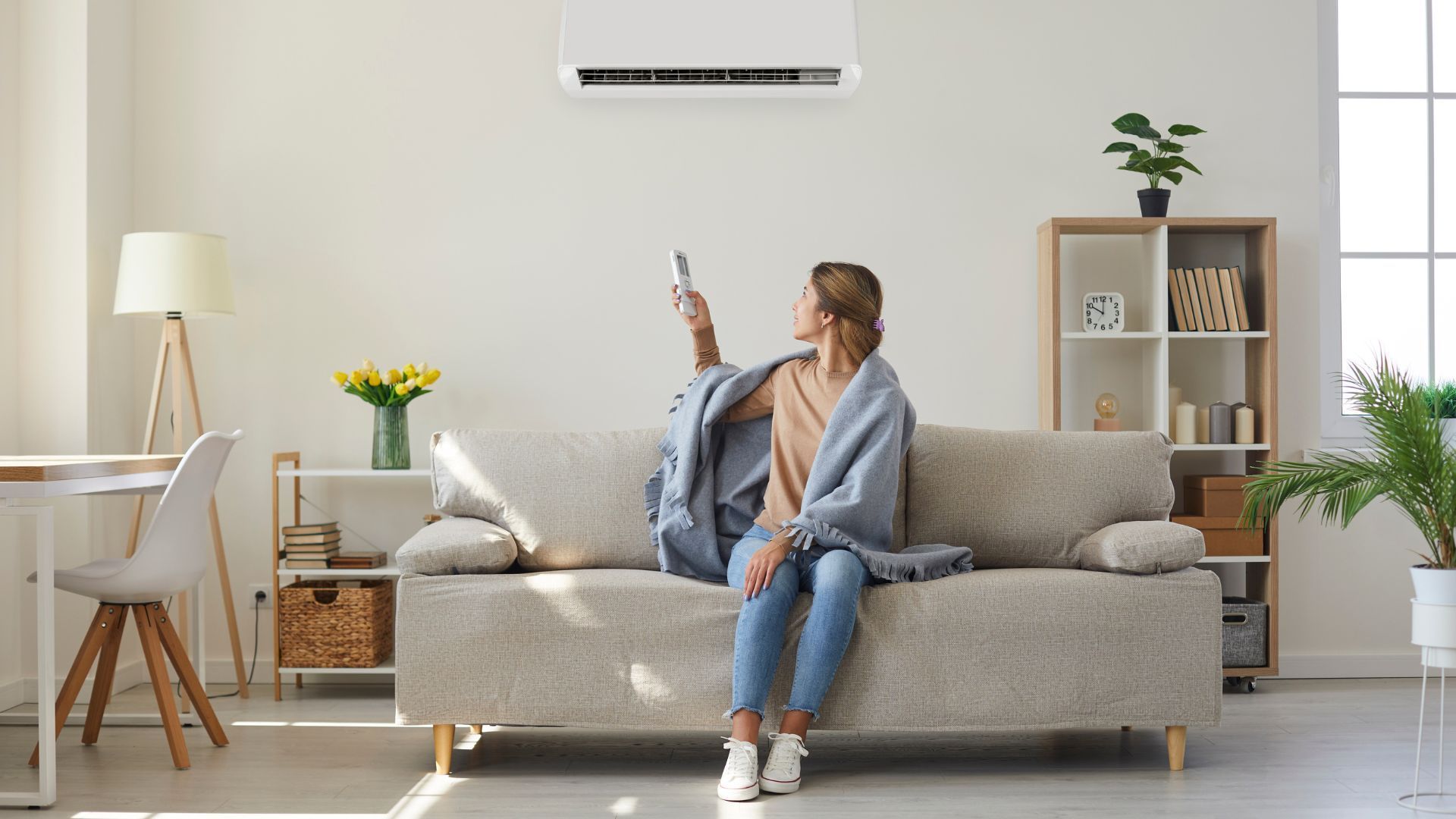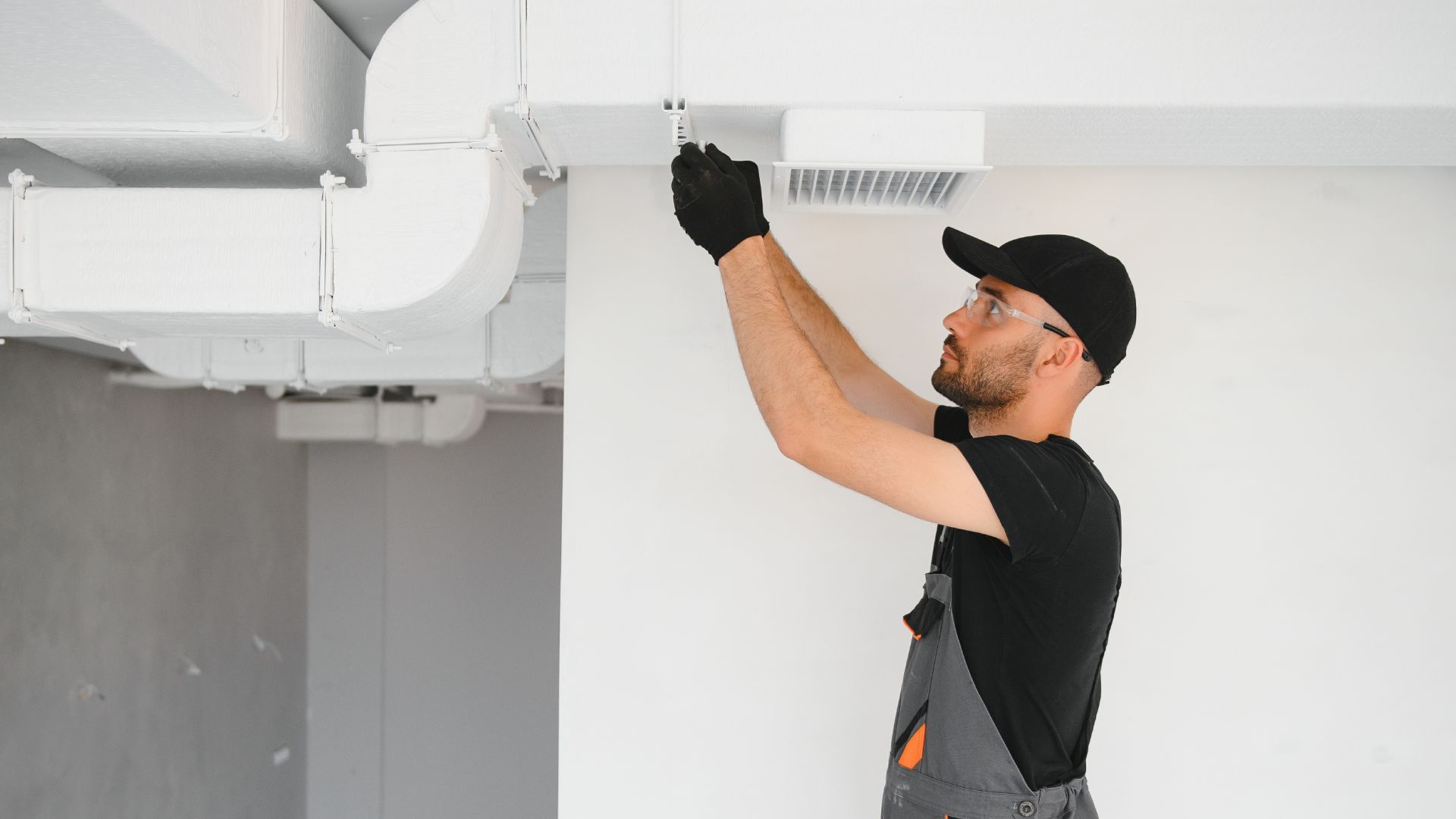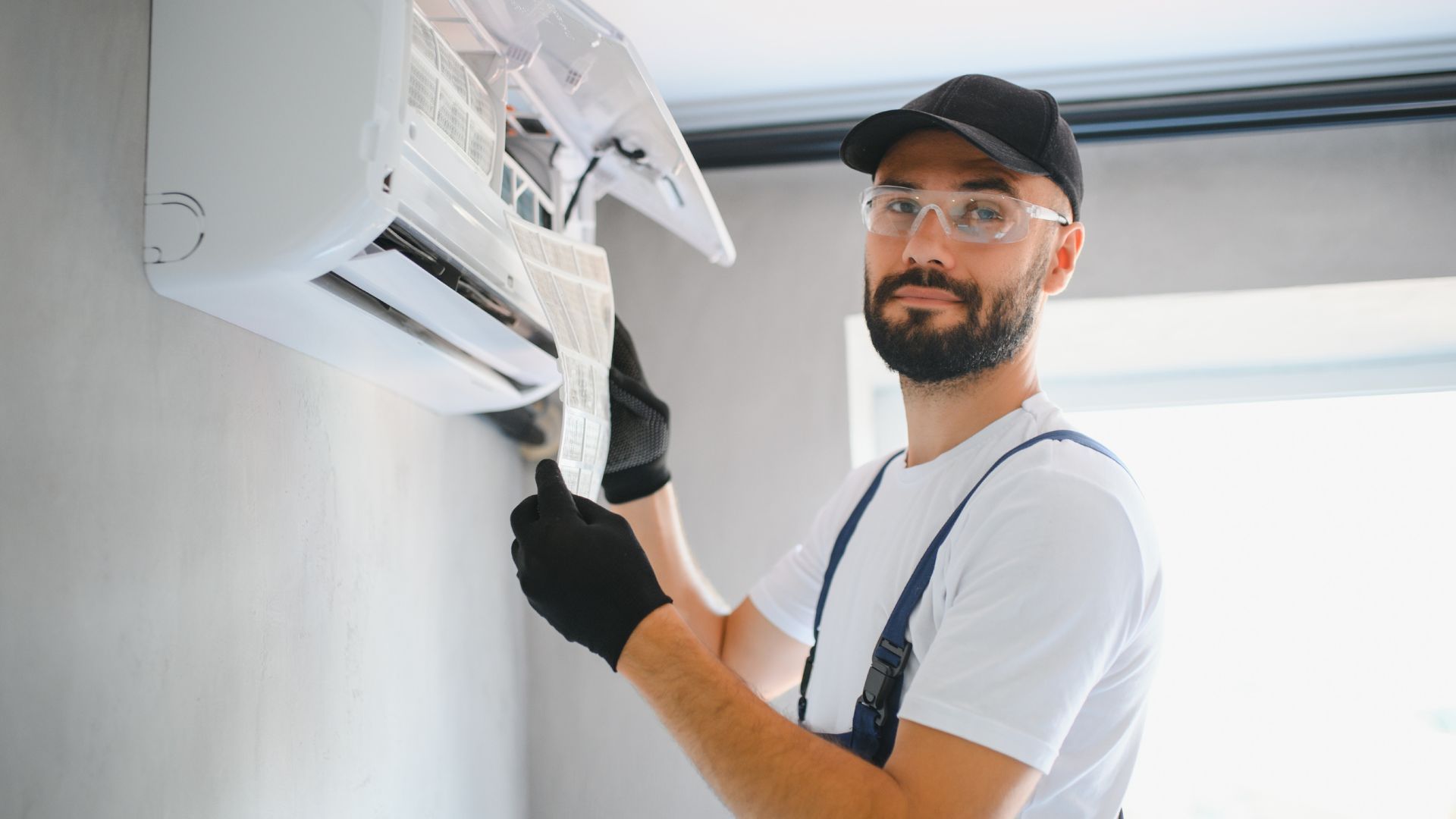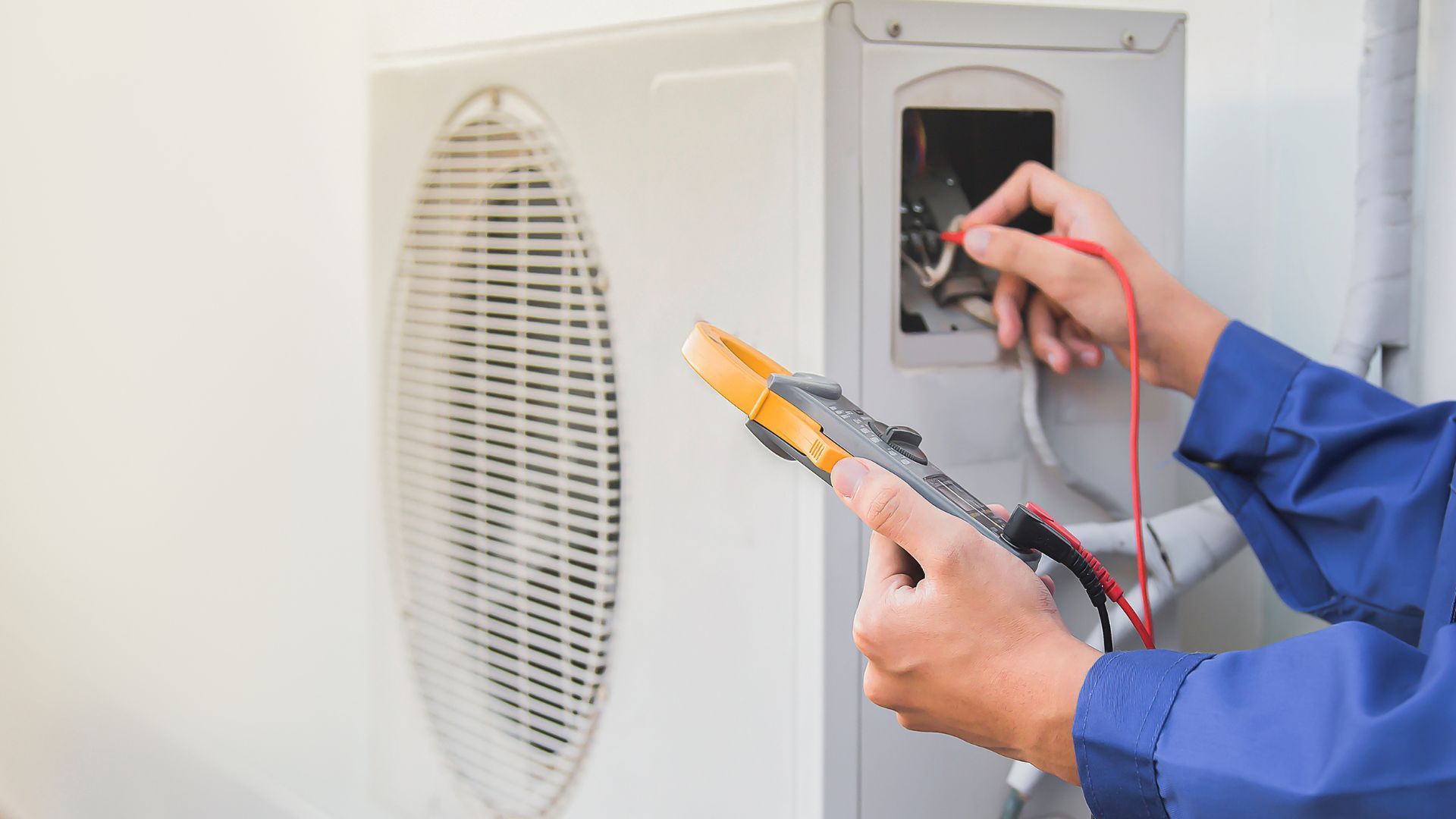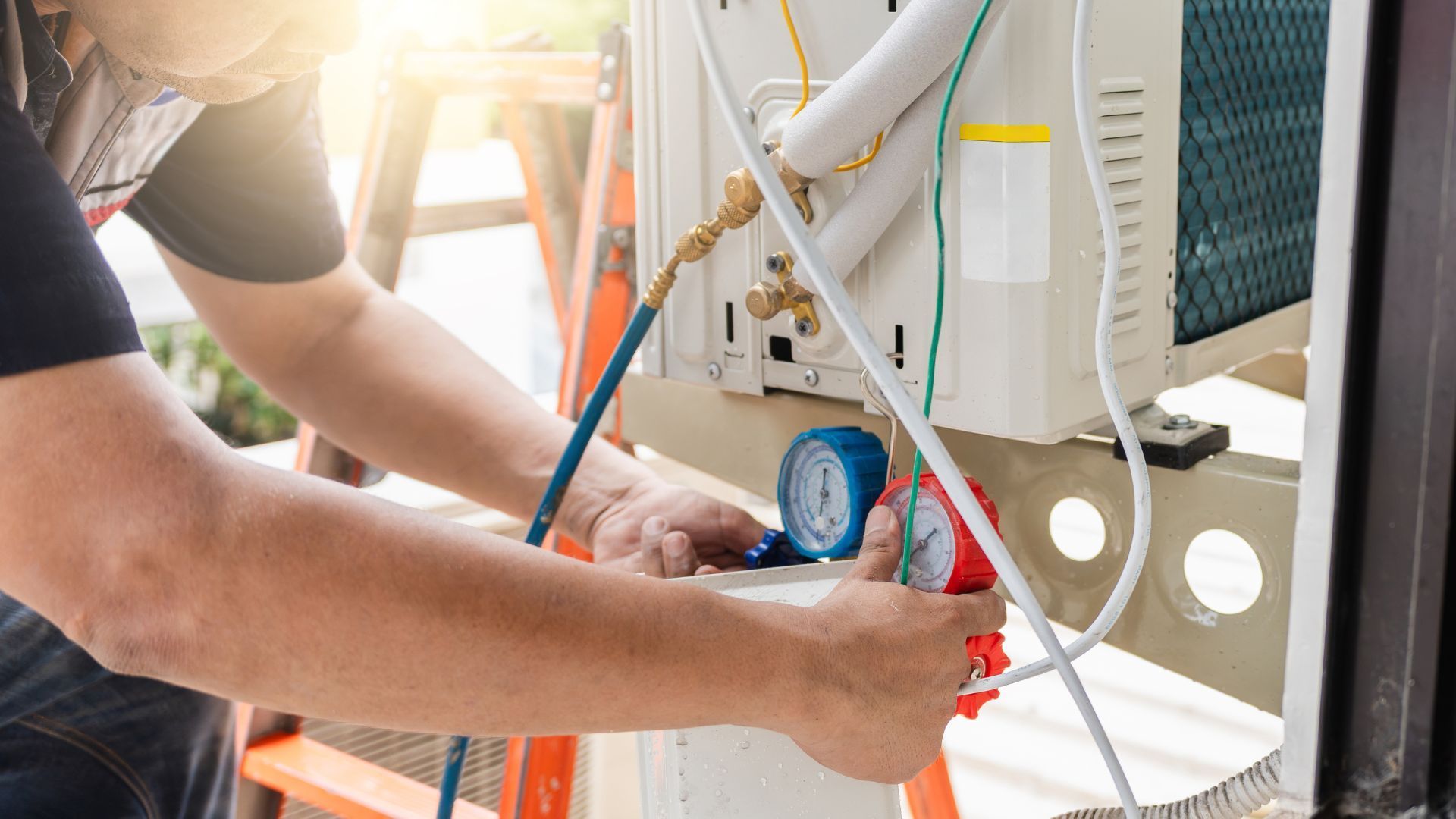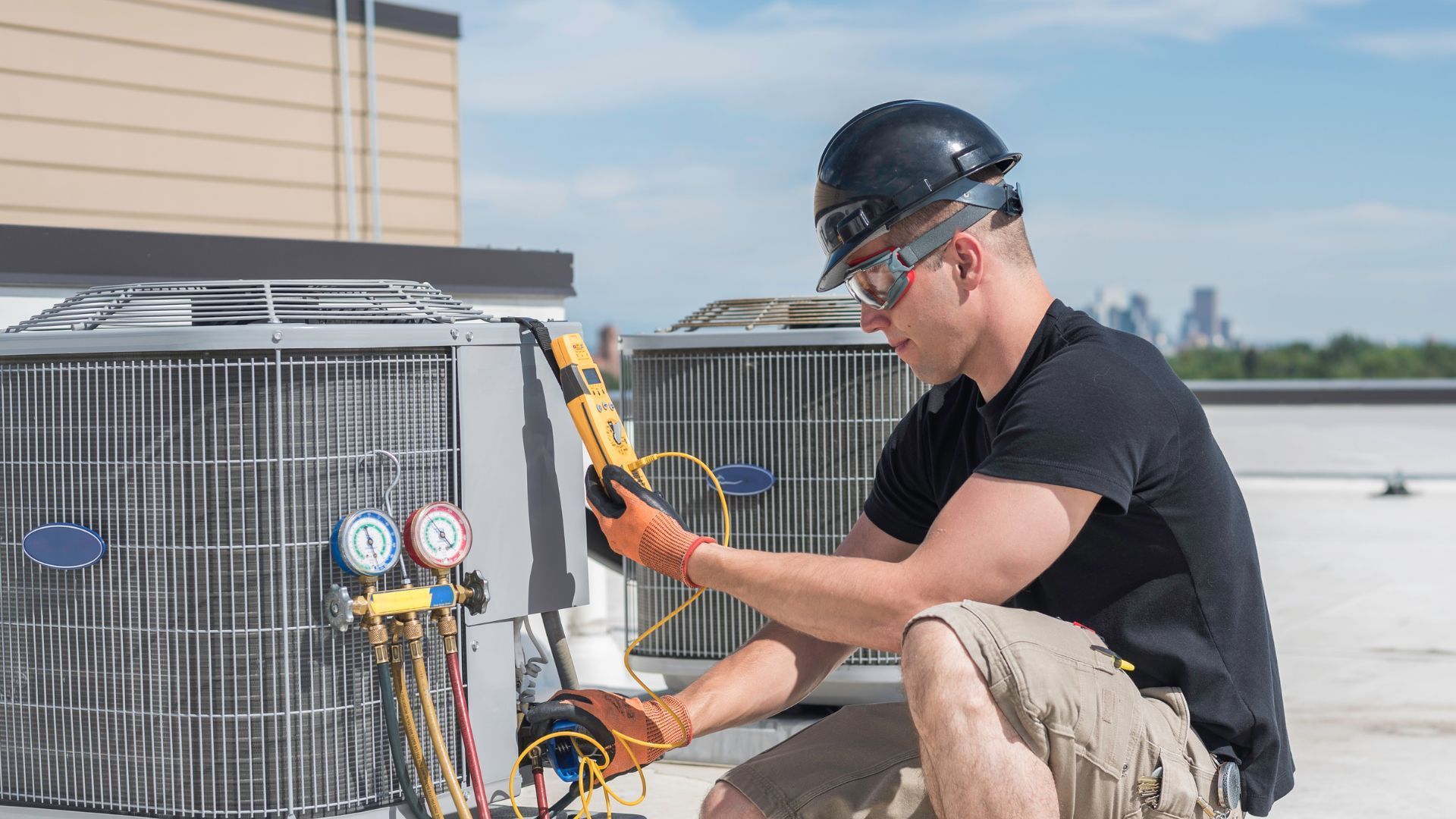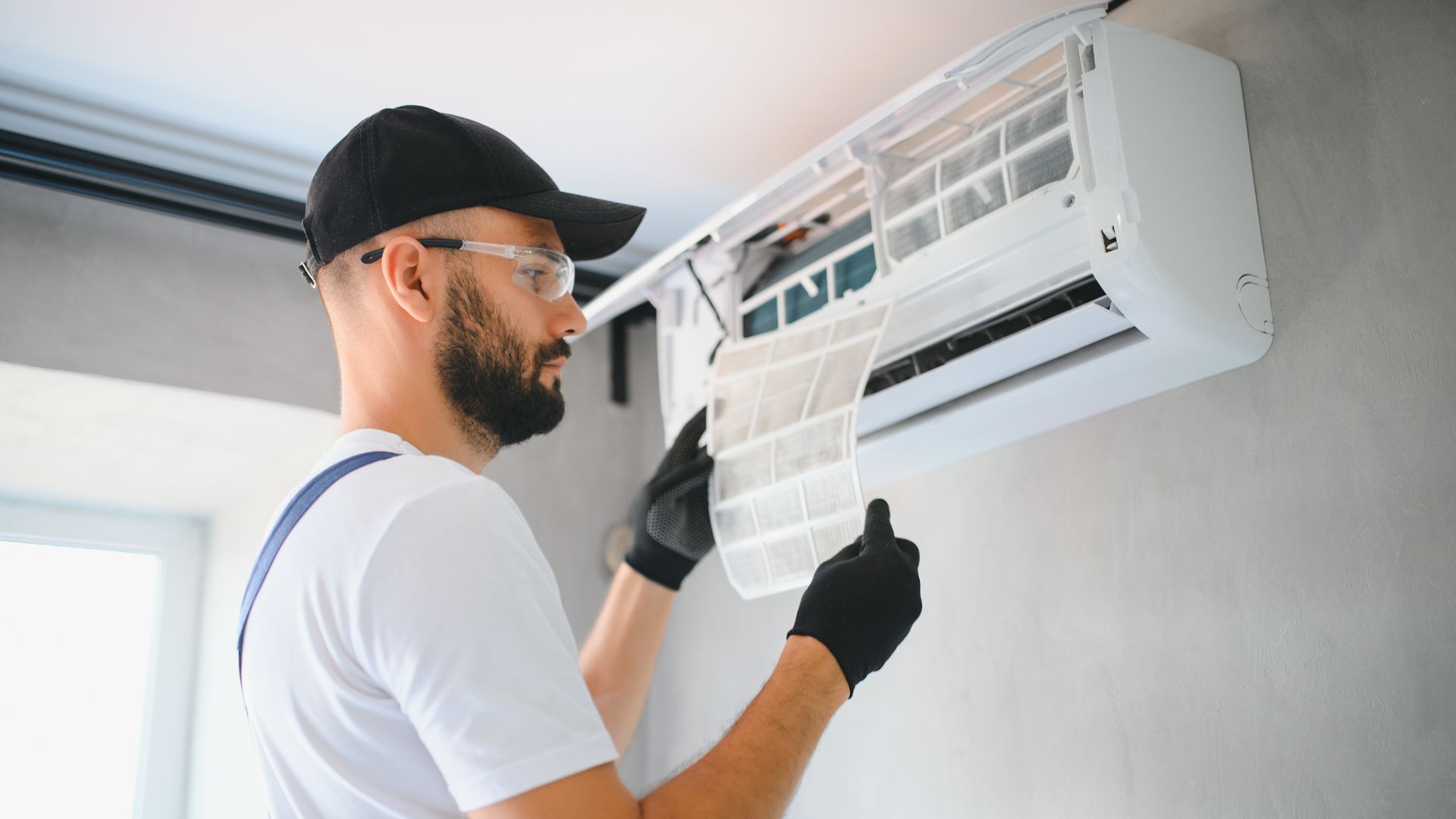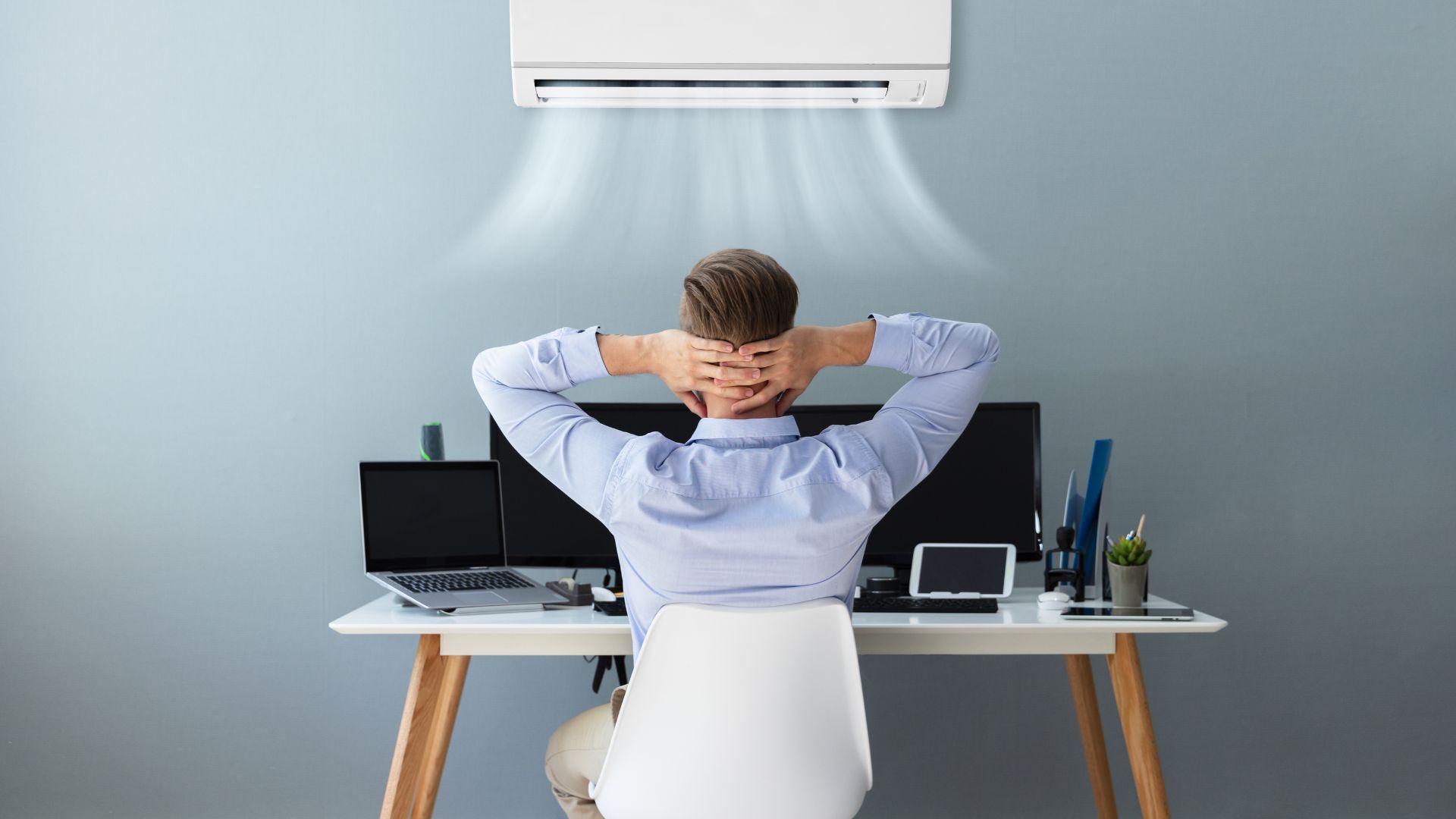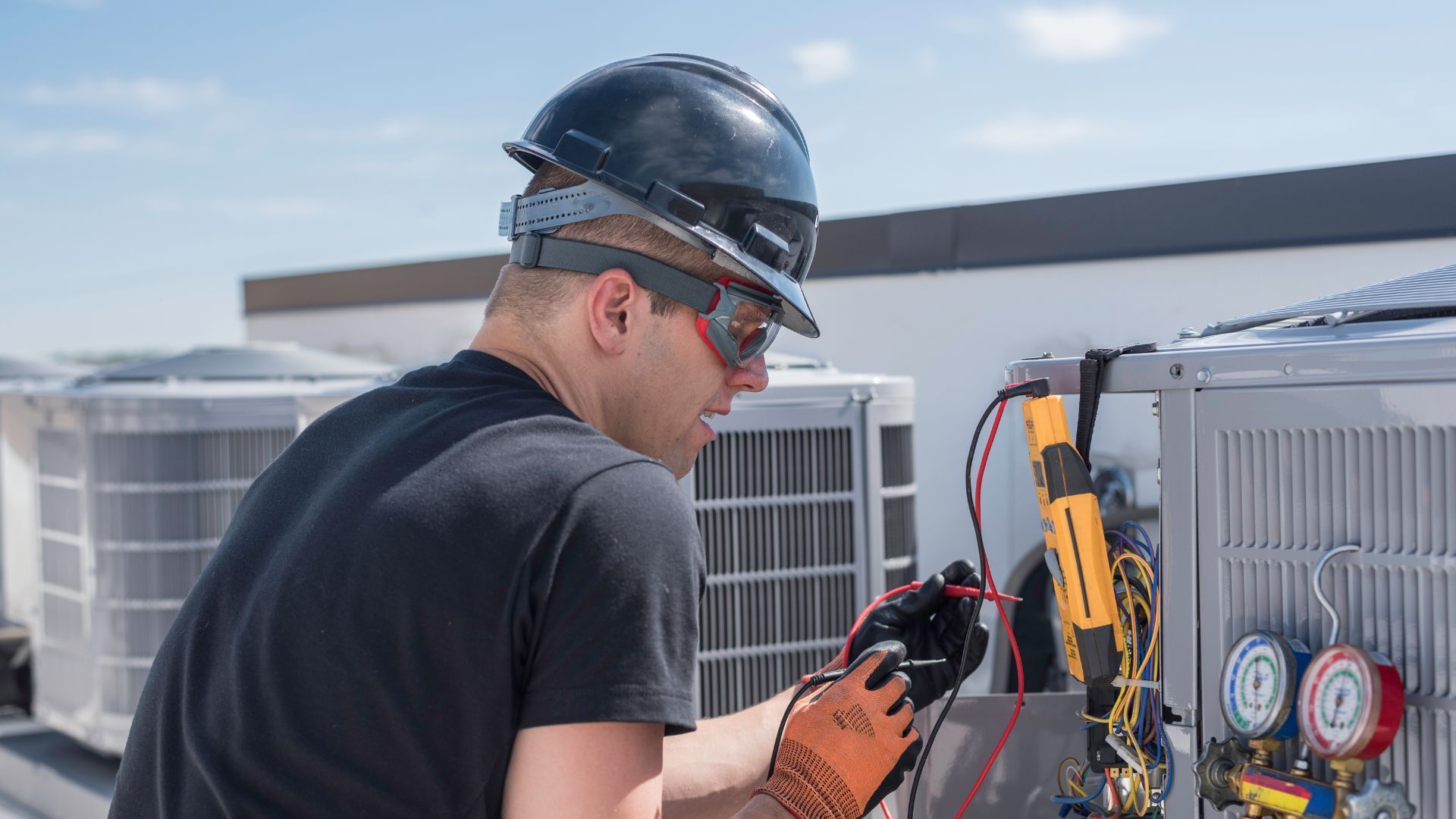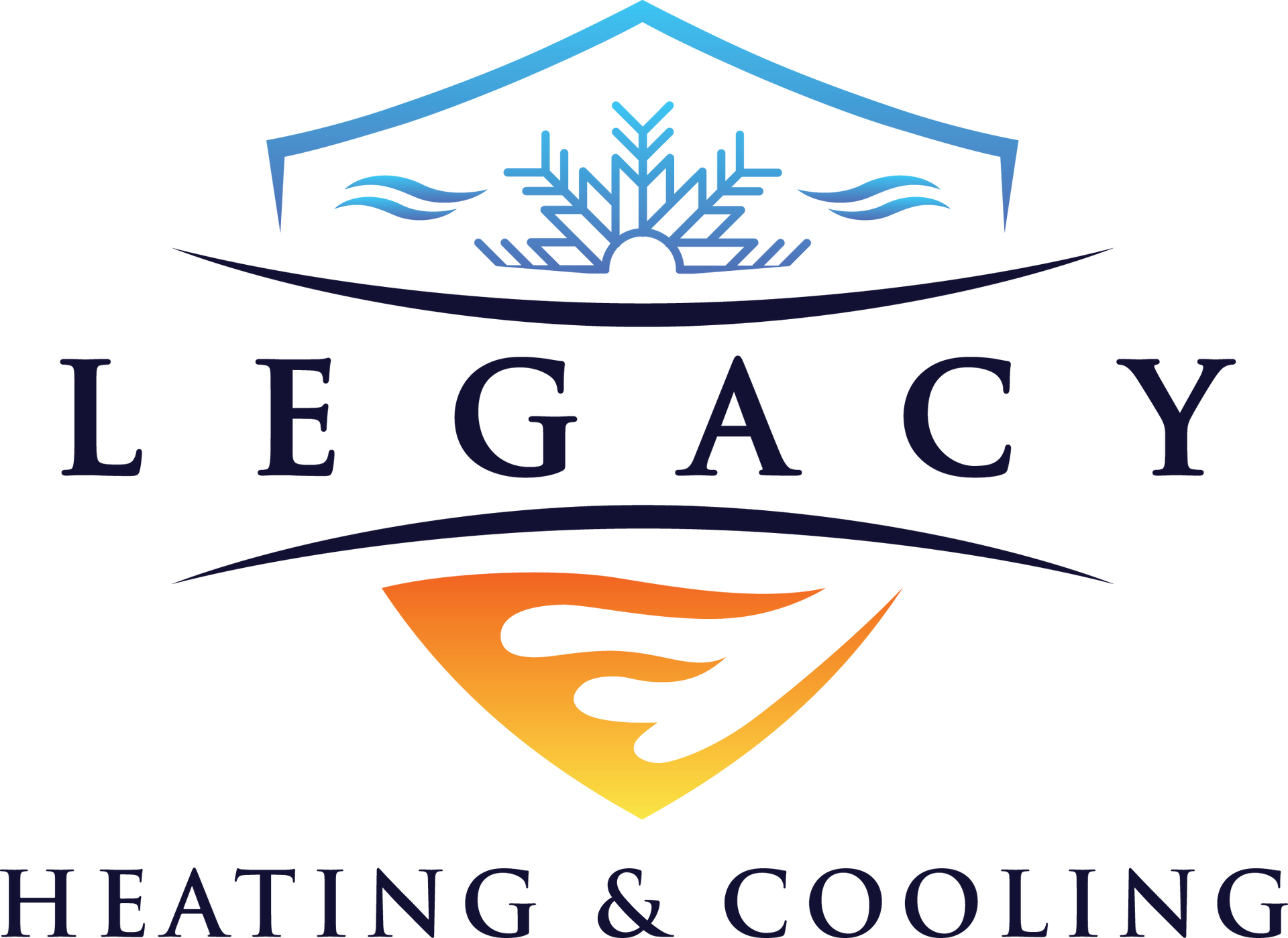What to Expect from HVAC Services & Air Conditioning Contractors in Rhode Island: Services, Considerations, and Expertise
Hiring a contractor in Rhode Island for HVAC systems and air conditioning means understanding the services offered, the considerations involved, and the qualifications that matter. This comprehensive guide explains what to expect from professional contractors, how they deliver value through expert installation, timely repair, and essential seasonal maintenance for your HVAC system, and why Rhode Island's unique local climate and energy regulations shape service choices. Readers will learn about core HVAC service categories, typical project considerations, practical vetting criteria for qualified contractors, and concise answers to common timeline and inspection questions.
The article covers detailed service breakdowns, provides illustrative project examples for residential and commercial projects, and offers a clear checklist for choosing the right local contractor. Throughout, the focus is on actionable, region-specific information, empowering Rhode Island homeowners and property managers to make informed decisions about their HVAC and air conditioning systems.
What HVAC Services Do Air Conditioning Contractors in Rhode Island Provide?
HVAC contractors in Rhode Island typically offer three core service categories—installation, repair, and maintenance—each meticulously designed to ensure functional, efficient HVAC systems that optimize energy use and maintain indoor comfort. Installation services encompass thorough site assessment, custom HVAC system design, optimal component selection (including air conditioning units and ductless heat pumps), precise sizing, and comprehensive system testing to perfectly match property needs with local climate realities and energy efficiency goals. Repair work focuses on accurate diagnostics, efficient refrigerant leak detection, component replacement (e.g., compressors, coils, fans), and thermostat troubleshooting to restore proper operation and minimize energy waste. Maintenance covers crucial seasonal tune-ups, filter replacement, coil cleaning, and performance tuning to extend HVAC system life and significantly improve energy efficiency.
The following list summarizes these core service types and their key accomplishments:
- Installation: Expert site evaluation, custom HVAC system design, and system commissioning for optimal comfort and energy efficiency, including air conditioning and ductless heat options.
- Repair: Swift diagnostic work, component replacement (e.g., compressor, fan motor), and effective thermostat fixes to restore full HVAC system function.
- Maintenance: Essential seasonal tune-ups, detailed inspections, and precise adjustments to prevent costly HVAC system failures and optimize energy use.
These HVAC service categories form a complete lifecycle approach, where proper installation reduces the frequency of repairs, and regular maintenance preserves efficiency and maximizes energy savings over time.
To help readers compare scope and expectations before requesting quotes, the table below maps each service to its typical offerings.
| Service | Typical Tasks | Typical Offering |
|---|---|---|
| HVAC Installation | Load calculation, ductwork design, air conditioning unit installation, thermostat setup, ductless heat pump installation | Custom HVAC system design; free estimate often provided for new air conditioning or ductless heat installation |
| HVAC Repair | Refrigerant leak detection, compressor/coil replacement, fan motor repair, thermostat troubleshooting | On-site diagnostics and efficient fixes for your HVAC system when parts are available |
| HVAC Maintenance | Seasonal tune-ups, filter replacement, coil cleaning, safety checks, performance tuning | Seasonal HVAC service packages, comprehensive inspections, and energy performance tune-ups |
Which HVAC System Installation Services Are Common in Rhode Island Homes and Businesses?
HVAC installation begins with a meticulous site assessment that evaluates property size, insulation, existing ductwork, and specific heating/cooling needs. This crucial step informs the design of efficient zones, the selection of suitable air conditioning units, furnaces, heat pumps (including ductless heat options), and smart thermostats. HVAC contractors often recommend advanced zoning strategies and smart thermostats to optimize comfort and reduce energy consumption, and they select components from reputable manufacturers known for reliability and energy efficiency. Installation concludes with rigorous system testing, precise thermostat programming, and a thorough walk-through to confirm optimal performance and provide clear owner operation instructions for the new HVAC system. Proper design and component selection are vital for reducing energy waste and supporting long-term HVAC system performance.
The next section explains how expert HVAC repair and maintenance tasks preserve efficiency and prevent costly energy loss and discomfort.
How Do HVAC System Repair and Maintenance Services Keep Systems Efficient?
Routine HVAC maintenance proactively addresses small issues—such as dirty filters, clogged coils, or faulty components—before they escalate into major energy waste or system breakdowns. Timely HVAC repairs restore full functionality quickly after a system failure. Experienced technicians perform comprehensive thermostat checks, zone tests, component inspections, refrigerant leak detection, and safety checks to ensure legal compliance and safe operation of your HVAC system. Preventive HVAC maintenance also includes critical seasonal services like spring air conditioning tune-ups and fall heating system checks, which protect systems from Rhode Island’s harsh weather cycles and significantly extend component life. Regular HVAC service visits typically lead to lower energy bills and reduce emergency repair needs by catching wear and tear early.
These diligent HVAC repair and maintenance practices directly influence project considerations and how contractors estimate projects, which the next section covers in detail.
Understanding HVAC System Installation and Repair Considerations in Rhode Island
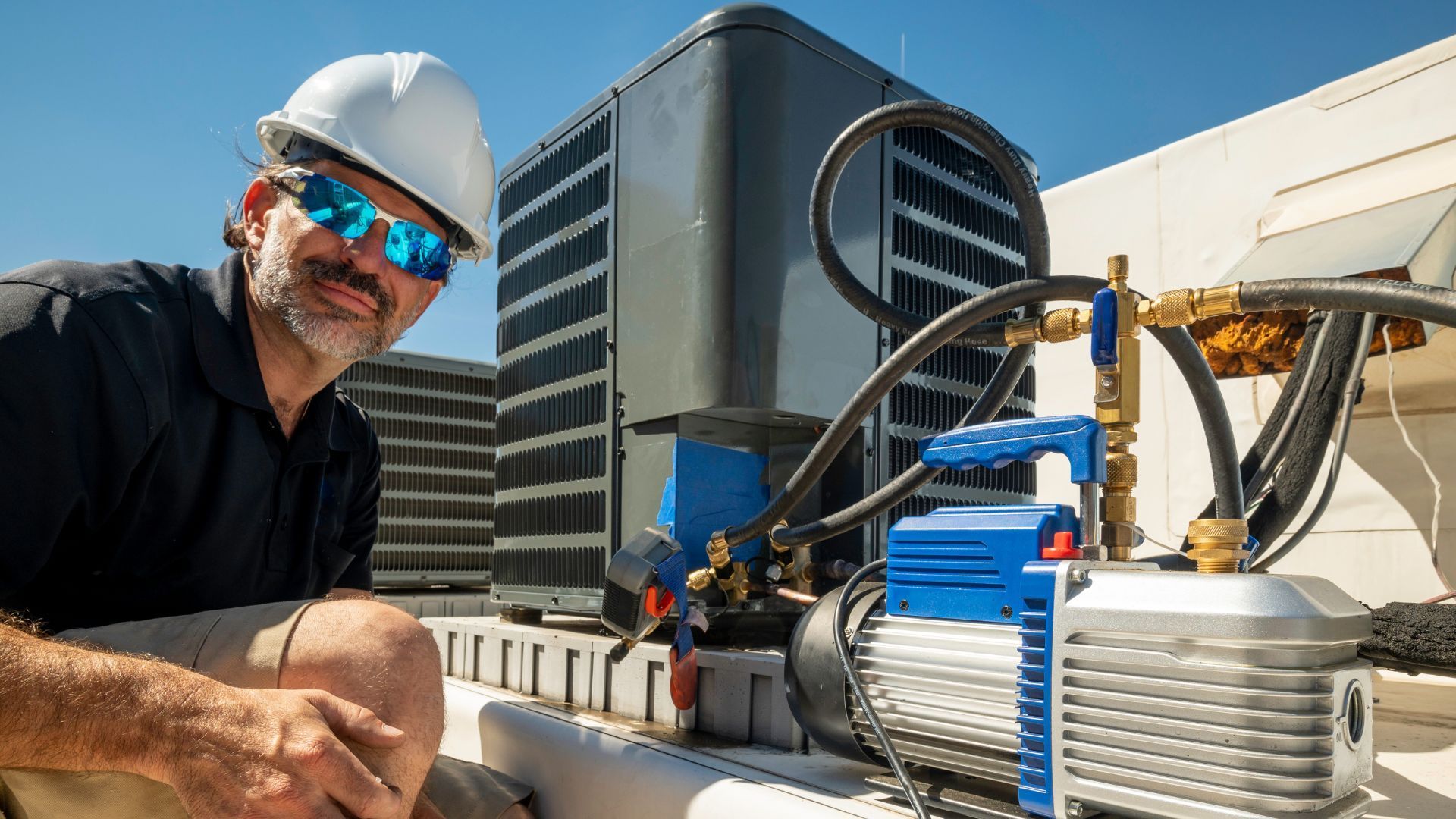
Considerations for HVAC systems, including air conditioning and heating, vary widely based on system size, property type, component brands, labor complexity, and seasonal service needs. Typical residential HVAC system installations (e.g., new air conditioning or furnace) involve significant investment, while commercial projects are scoped per their extensive requirements. Major factors influencing project scope include the type of HVAC system (e.g., central air, ductless heat pump), number of zones, specific unit types, thermostat complexity, required ductwork modifications, and necessary permits or electrical upgrades. Labor accounts for a substantial portion of project expenses, with technician rates varying depending on experience and task complexity. For residential projects, a full HVAC system installation (e.g., central air conditioning) represents a significant investment, with repairs typically addressed per job.
Key factors influencing project scope are summarized in the list below to help homeowners anticipate where resources are allocated:
- HVAC system complexity and zoning decisions that increase material and labor needs (e.g., for air conditioning or ductless heat).
- Brand and component selection (e.g., air conditioning units, furnaces, heat pumps, smart thermostats).
- Site accessibility, ductwork requirements, and permit or inspection considerations.
To compare project components, consult the table below, which breaks down installation and service line items for effective planning.
| Project Component | What It Covers | Typical Offering |
|---|---|---|
| Full residential HVAC install (e.g., central air conditioning) | Load calculation, unit installation (air conditioning, furnace, ductless heat), ductwork, thermostat, electrical | Custom HVAC system design; free estimate often provided for new air conditioning or ductless heat installation |
| HVAC Repairs | Parts replacement, labor, and diagnostics for your HVAC system | On-site diagnostics and efficient fixes for your HVAC system when parts are available |
| HVAC Seasonal Services | Spring AC tune-up, fall heating check, inspections, filter replacement | Seasonal HVAC service packages, comprehensive inspections, and energy performance tune-ups |
This comparison illustrates how HVAC installation, repair, and seasonal services contribute to overall project scope and why detailed estimates are crucial when comparing contractors for your HVAC system. Local providers commonly offer free estimates to outline these components before any work begins.
What Factors Influence HVAC System Installation or Repair in RI?
Several factors materially affect both HVAC installation and repair projects by influencing labor and materials, including Rhode Island's local climate (especially heating and cooling demands), property access, system zoning, and the necessity for specific air conditioning or heating components. Brand choices—such as air conditioning units, furnaces, or ductless heat pumps from well-known manufacturers—may involve different upfront considerations but can significantly reduce long-term HVAC service needs and energy use through superior performance and energy efficiency. Permit requirements and local building codes can increase project timelines and involve inspection considerations or specialty labor for your HVAC system. Finally, labor expertise and technician certification directly influence overall project considerations and the speed and accuracy of diagnostics and repair for your HVAC system.
Understanding these factors helps homeowners prioritize investments that reduce total lifecycle energy costs rather than focusing solely on the initial investment for their HVAC system.
What Are Typical Considerations for Residential and Commercial HVAC System Services?
Residential full-system HVAC installations (e.g., central air conditioning, furnace, or ductless heat pump) represent a significant investment, varying based on home size and zoning complexity. Commercial HVAC systems scale up quickly, requiring larger air conditioning units, more zones, and often specialized controls, so commercial bids are typically project-specific and involve extensive planning. Technician rates for HVAC service and repairs vary in Rhode Island, which impacts emergency repairs and diagnostic visits for your HVAC system. For accurate budgeting, always request itemized estimates showing parts, labor, and seasonal HVAC service options.
Compare multiple quotes and confirm whether seasonal HVAC tasks like air conditioning tune-ups or heating system checks are included or quoted separately to avoid surprise fees.
How to Choose the Right HVAC & Air Conditioning Contractor in Rhode Island?

Choosing an HVAC contractor requires checking licensing and insurance, verifying relevant air conditioning and heating certifications, reading local references, and confirming their familiarity with Rhode Island’s unique climate and energy efficiency regulations. Local expertise ensures HVAC contractors can recommend appropriate heating and air conditioning solutions, select energy-efficient units (including ductless heat pumps), and design systems that comply with regional energy codes while maximizing energy savings. Transparent written estimates, clear warranties, and documented HVAC maintenance plans are critical for protecting your investment and ensuring predictable energy costs. A practical checklist helps prioritize these essential selection criteria when comparing providers.
Use the following checklist to thoroughly evaluate candidates before hiring:
- Licensing and Insurance: Verify active licenses and comprehensive general liability coverage for all on-site work.
- Local References: Ask for recent Rhode Island projects and contactable references to assess their track record.
- Warranty and Estimates: Request detailed written estimates, a clear scope of work, and explicit warranty terms.
As an example of positive contractor attributes that align with these criteria, local firms specializing in HVAC services in Rhode Island emphasize licensed technicians, extensive local experience, satisfaction guarantees, custom HVAC system design (including air conditioning and ductless heat options), and free estimates. These example attributes illustrate the sort of qualifications to look for rather than a directive to hire a specific provider.
What Qualifications and Certifications Should Rhode Island HVAC & Air Conditioning Contractors Have?
Preferred credentials include appropriate state licensing where required, NATE certification for HVAC technicians, and proof of comprehensive insurance to cover property work; these demonstrate both technical competence and robust risk protection for your HVAC system. HVAC contractors should be able to present references and examples of recent air conditioning, heating, or ductless heat installations or maintenance work performed in similar Rhode Island conditions. They should also clearly describe their seasonal HVAC service process for spring air conditioning tune-ups and fall heating system checks. Always ask for a written scope of work and a clear parts warranty for your HVAC system to reduce misunderstandings. Evaluating these items helps ensure the contractor can meet both performance and regulatory expectations.
Verifying these qualifications before scheduling work significantly reduces delays and aligns expectations on project scope and timelines.
Why Is Local Expertise Important for HVAC & Air Conditioning Services in Rhode Island?
Local expertise is paramount because Rhode Island’s coastal location and distinct weather patterns necessitate specific HVAC system design choices—such as optimal air conditioning unit placement, appropriate ductwork sizing, and rigorous seasonal maintenance protocols—that differ significantly from other regions. Familiarity with local building codes and energy efficiency regulations helps avoid permit or inspection issues and ensures your HVAC system meets critical safety and energy performance requirements. Local HVAC firms typically offer faster response times for repairs and possess a portfolio of nearby air conditioning or heating projects you can review. Hiring a local HVAC contractor substantially reduces the risk of design errors that could lead to costly energy waste or severe system damage.
Local knowledge directly impacts long-term system performance and compliance, which is why it should weigh heavily in your contractor selection process.
Common Questions About HVAC & Air Conditioning Contractors in Rhode Island
Below are concise, PAA-style answers to common homeowner questions about timing, inspections, and what to expect during service visits.
How Long Does HVAC System Repair Usually Take in Rhode Island?
Minor HVAC repairs, such as replacing a faulty thermostat or a small component in an air conditioning unit, often take under two hours, including diagnostics and parts swap, especially when parts are readily available on the service truck. More complex HVAC repairs involving refrigerant leaks, damaged ductwork, or compressor replacement can require multiple hours or a return visit if specialized parts must be ordered. Scheduling and technician availability significantly affect timelines, as do weather-related delays during peak heating or air conditioning seasons. Always request an initial on-site assessment and a written time estimate to set clear expectations.
Quick diagnostics and clear communication are key to shortening overall repair timelines and limiting landscape disruption.
What Should You Expect During an HVAC System Inspection or Maintenance Visit?
A typical HVAC inspection includes a thorough visual system check, comprehensive thermostat and zone testing, precise component inspections (e.g., coils, fans, ductwork), refrigerant and pressure checks for air conditioning units, and safety checks for heating systems. HVAC technicians conclude with a brief report outlining their findings and recommended actions. Expect the technician to test each system component, note any irregularities, and suggest necessary repairs or energy efficiency improvements for your HVAC system. Seasonal HVAC service visits often include thermostat reprogramming and recommendations for energy-saving upgrades like smart thermostats or ductless heat pump options. The HVAC service provider should always leave a clear, itemized estimate for any recommended follow-up work.
Knowing these inspection steps helps homeowners prepare for the visit and ensures it delivers actionable results for system optimization.
